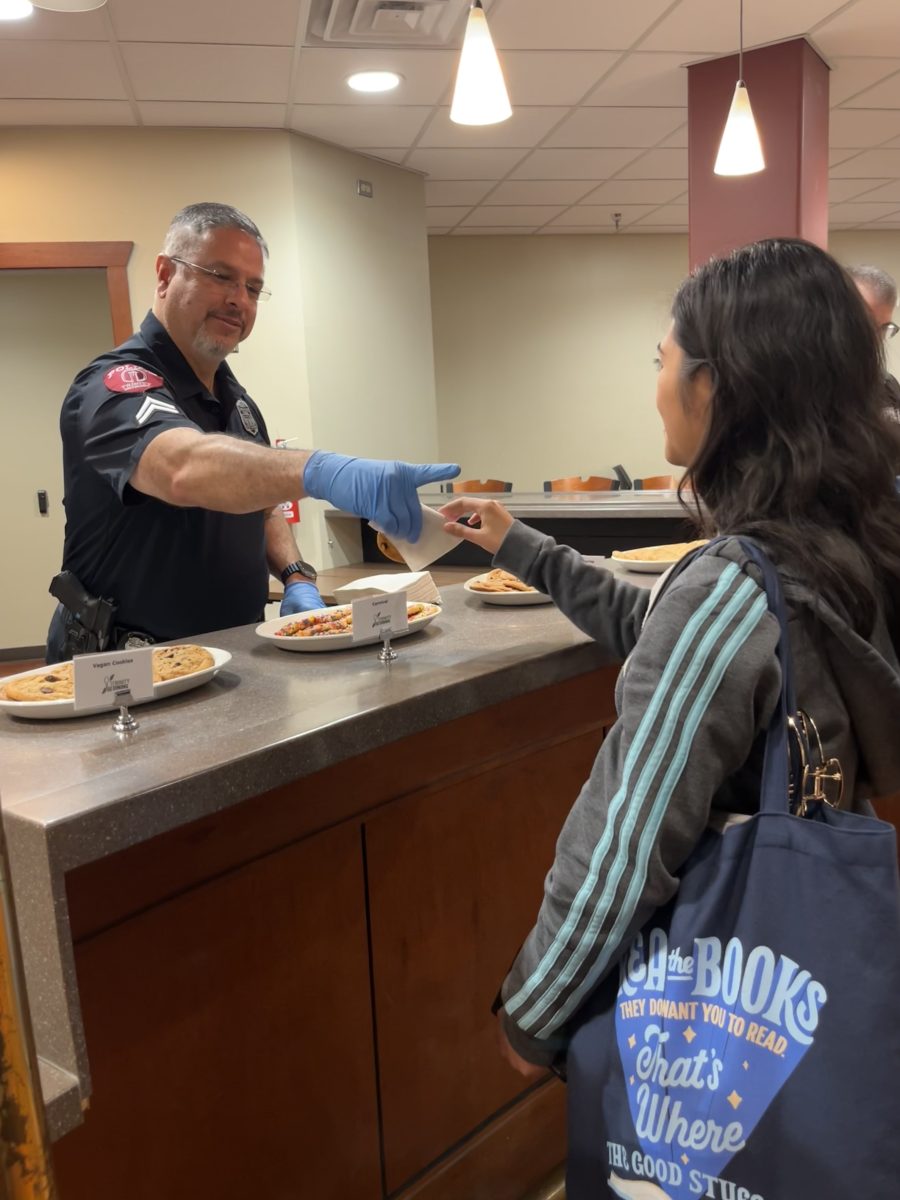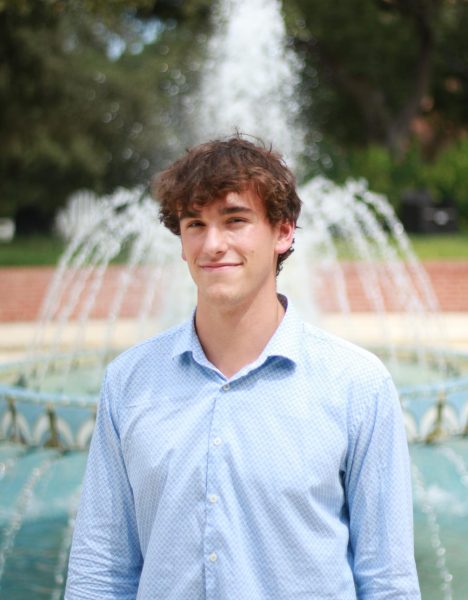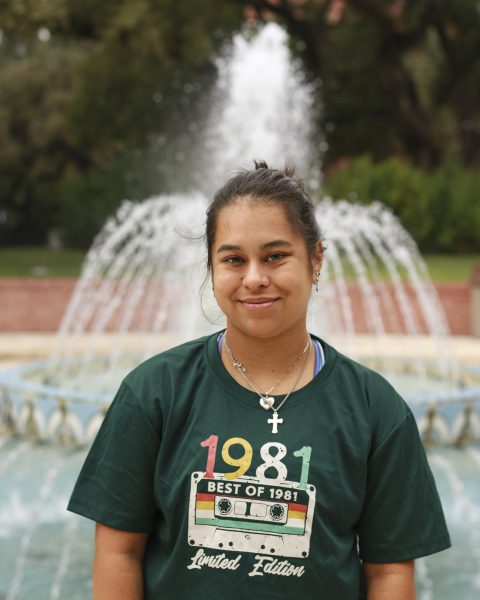The Trinity University Police Department (TUPD) is tasked with ensuring the safety of everyone on campus, and TUPD believes that communication and understanding is essential in order to reinforce the common good. TUPD was founded in 1982 with the mission statement: “Proactive, Progressive, Professional.” The officers that patrol Trinity day and night aspire to maintain and further their relationship with the Trinity community to ensure the safety of everyone.
John Santellan, lieutenant, who has worked 13-and-a-half years with TUPD, explained that Trinity is his “home away from home.” He added that he works with the same people every day and night for hours, making them family members. Santellan appreciates that his colleagues care for him, the students and the staff.
“I want to have a good day, and I want you to have a good day, too. We are just people, but if we don’t do the job, somebody has to do it,” Santellan said. “When I leave here, I am dad; I am not called lieutenant at home.”
Santellan believes that helping people is the best thing that he can do with TUPD, and he strives to do this effectively. He suggested that, in order to help people, TUPD must be accessible.
“I think it’s about being available. It feels good to help people, because it feels like you have accomplished something. It’s what you did to help somebody — – and I find that fulfilling, and I find that here,” Santellan said.
Connor Tran, corporal, who has served with TUPD for two years, said that working at Trinity University has been fun, low-stress and more enjoyable than his service at the San Antonio Police Department, especially since he has more time to be with his family. He expressed that both positive and negative experiences with law enforcement inspired him to become a police officer.
“If all I had was negative [experiences], I could just go back to being a city cop. I would always have to look over my shoulder and worry if this guy is going to do any harm today,” Tran said. “We are the ones going from call to call at the worst times of everyone’s moments. I have seen things that most people will never see in their entire lives.”
Tran shared that some people do not understand how police officers are prepared to do their job, due to the difficult situations encountered. For this reason, he noted that he works to be proactive through community engagement, professional by establishing relationships with students and progressive through frequent training and professional development.
“We want to have students call us more if they see something suspicious or something going on. We don’t want to have that interaction where people are afraid of us, we want to make sure people can work with us and cooperate,” Tran said. “We are polite and kind. We try to give respect.”
Moreover, Tran explained that working emergency apprehension detentions is the most difficult aspect of his job. He elaborated that this is when a student wants to harm themselves or commit suicide.
“Those types of calls, those are the ones you really have to talk with a student and get down on their level. I’ll literally get on their level — if they are sitting down on the floor and I’ll talk to them in a soft tone voice,” Tran said. “It’s those interactions that help build a positive outcome from a really bad negative experience. I’m trying to do everything in my power to make sure students don’t do anything to themselves. I am here to help them. I am here for them.”
Priscilla Pruitt, dispatcher, who has also worked for TUPD for two years, explained that she strives to be kind and respectful and to serve and protect the students, staff and public. She reflected that her duty involves answering calls, answering questions and directing officers to where they are needed.
“I know it’s hard to sometimes call us,” Pruitt said. “A lot of people don’t have someone to talk to. I see that there are a lot of people that are far away from home. We are here as your friend, as your family, to help you with anything you need or answer any questions.”
Pruitt, who currently works the 11 p.m.-7 a.m. shift, believes dispatching is a hard job because dispatchers do not always know the outcome of the calls. She asserted that she is a very caring person and that she wants to make sure students get the help that they need.
“We are the students’ and the staff’s lifeline,” Pruitt said. “It’s worrisome having the officers out there. We have cameras everywhere so we see them. Even then it makes me concerned. It’s like basically being a parent — you worry for your kids. I would say it’s hard in that sense.”









